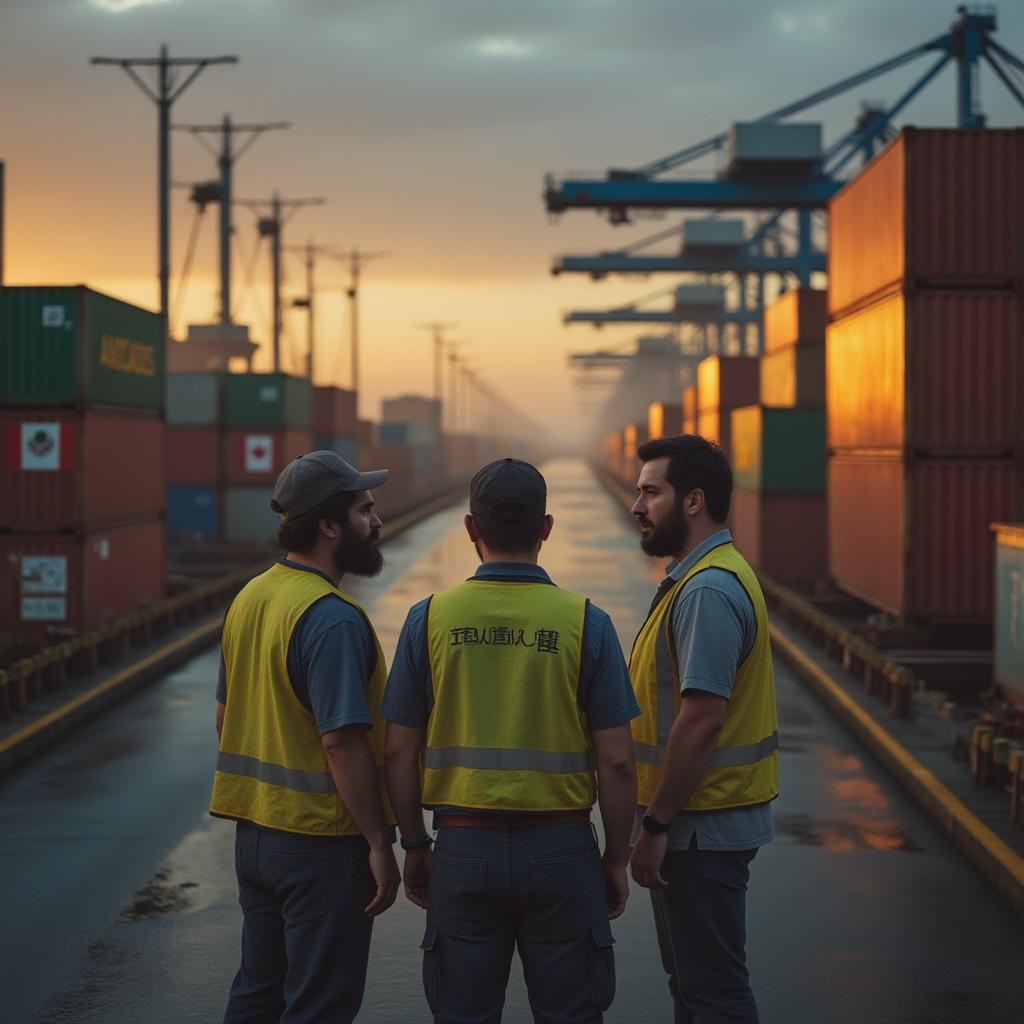
President Trump has shaken up global trade by rolling out hefty new tariffs on Mexico, Canada, and China. The move, announced Saturday at his Mar-a-Lago club, aims to curb drug trafficking and illegal immigration. But critics warn it could lead to higher prices on everyday items like avocados, sneakers, and cars for American shoppers.
The tariffs include a 25% duty on Mexican imports, a 25% tax on most Canadian goods, and a 10% charge on Chinese products. The new rules also close a loophole that allowed small shipments under $800 to enter the U.S. tax-free, a policy many small businesses and e-commerce companies relied on.
The decision didn’t sit well with America’s neighbors. Mexico’s President Claudia Sheinbaum vowed to retaliate with tariffs of her own, while Canada’s Prime Minister Justin Trudeau announced "far-reaching" measures targeting U.S. goods like alcohol, produce, and furniture. China also plans to challenge the tariffs at the World Trade Organization, signaling a potential escalation in an already tense trade relationship.
While the Trump administration claims the tariffs will protect Americans from drugs and illegal immigration, economists and business groups are sounding the alarm. They warn that the move could disrupt supply chains, spike prices, and cost jobs. The U.S. Chamber of Commerce called the decision "unprecedented" and warned it would "raise prices for American families."
Even Trump acknowledged the tariffs might cause some "short-term disruption." But he insisted they would make the U.S. "very rich and very strong." Critics, however, argue the measures will hit working families hardest, with higher costs for everything from groceries to electronics.
As the U.S. braces for the fallout, the tariffs are set to take effect Tuesday at 12:01 a.m. ET. With retaliation looming from all three countries, the move could spark a trade war with ripple effects across the global economy.
